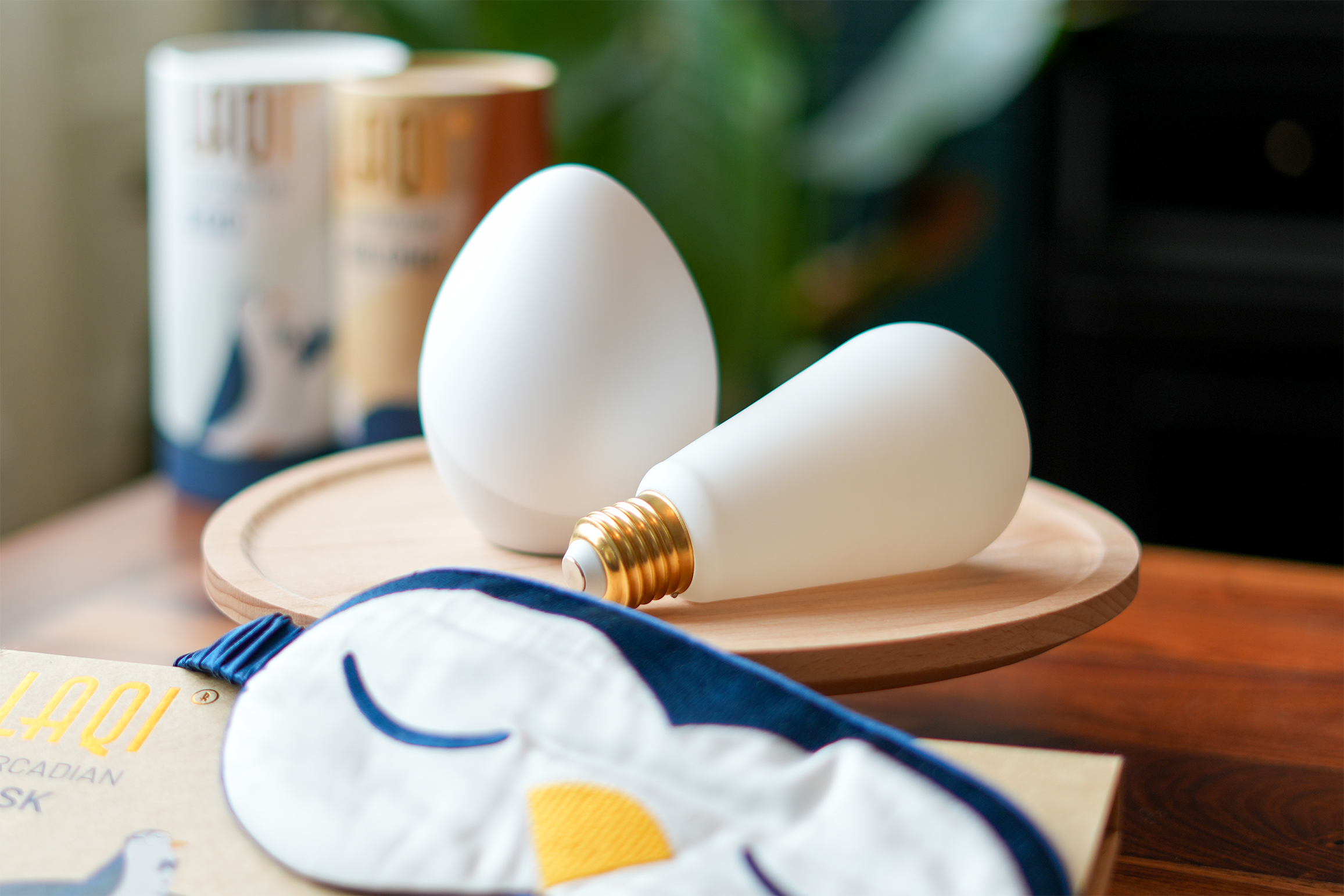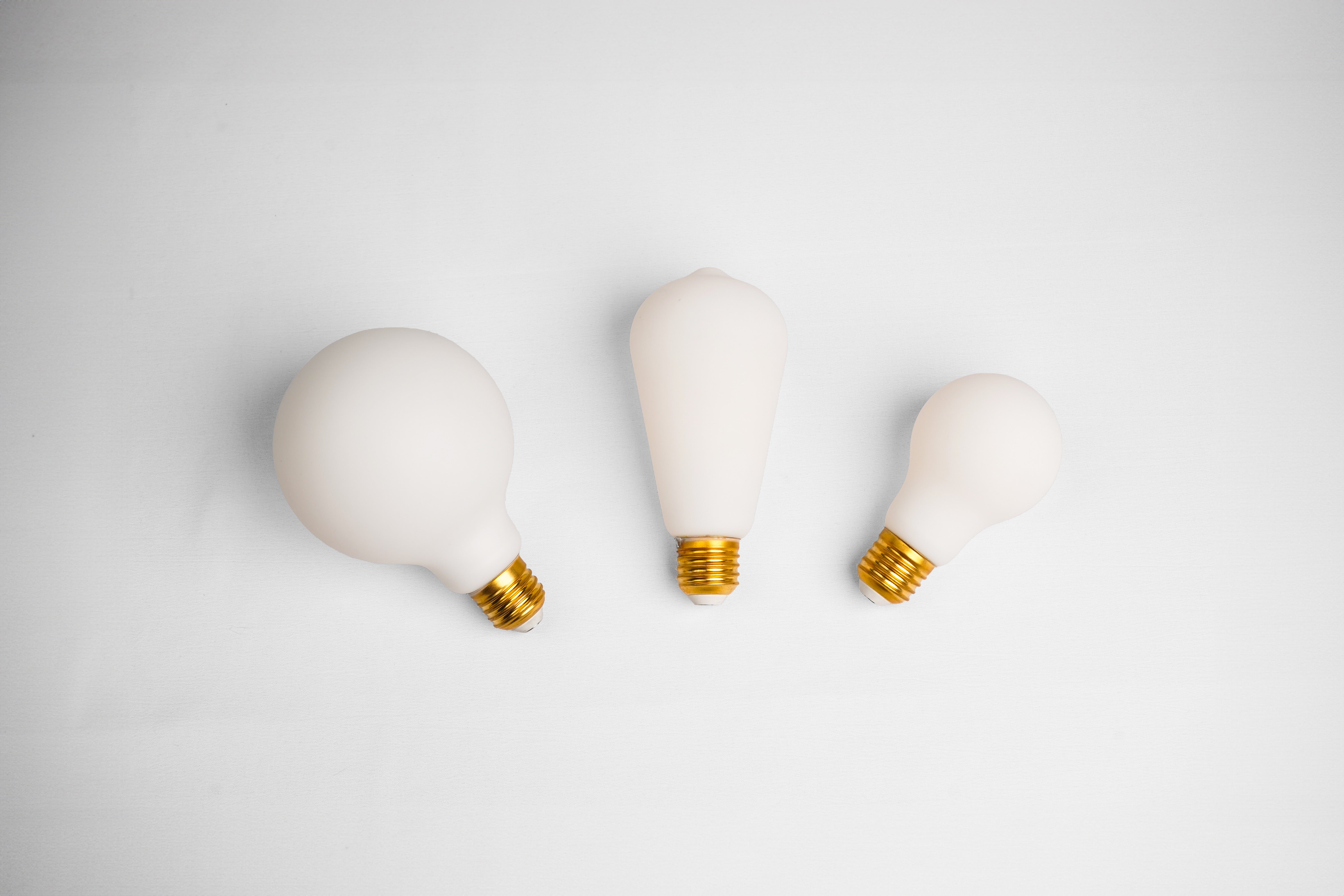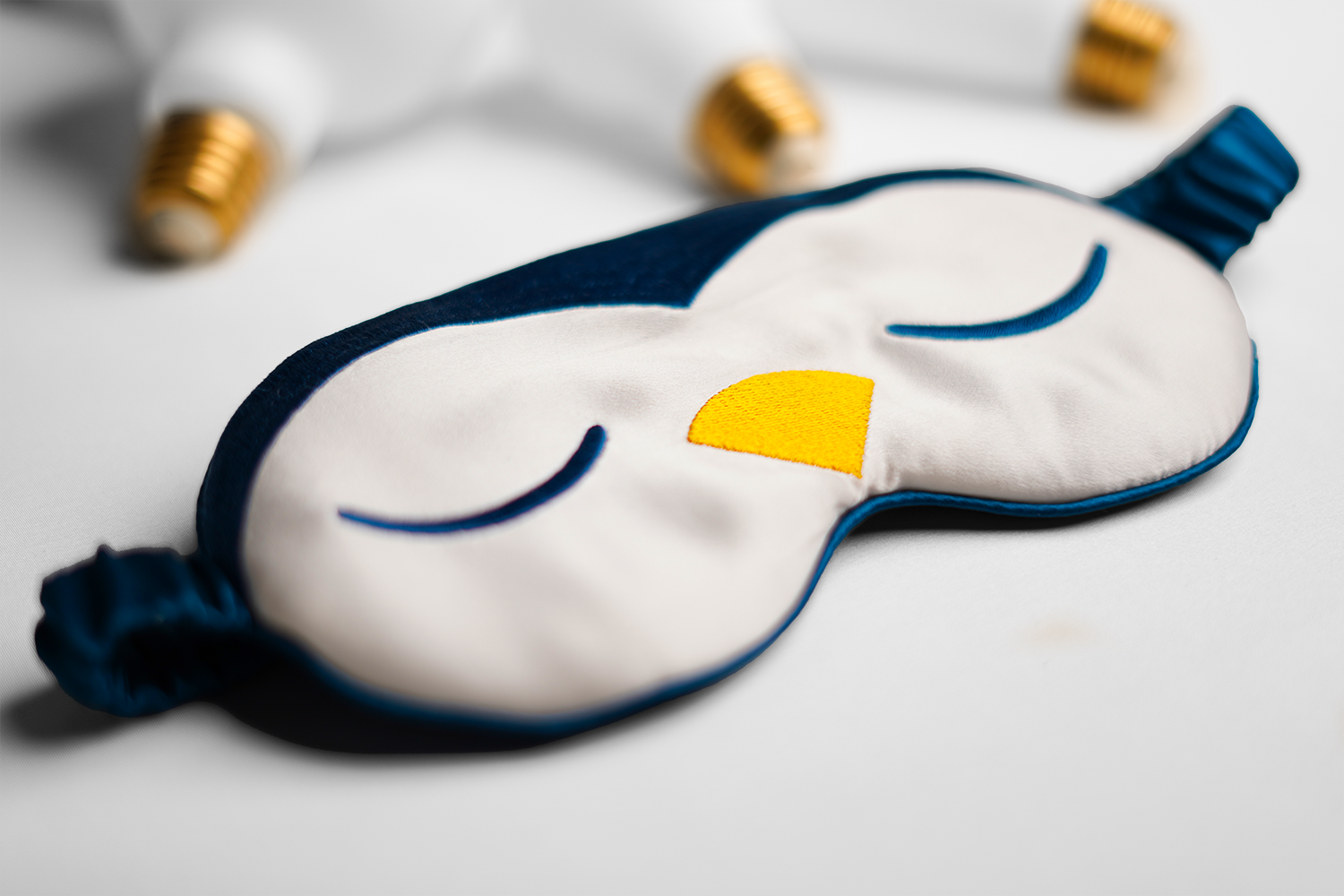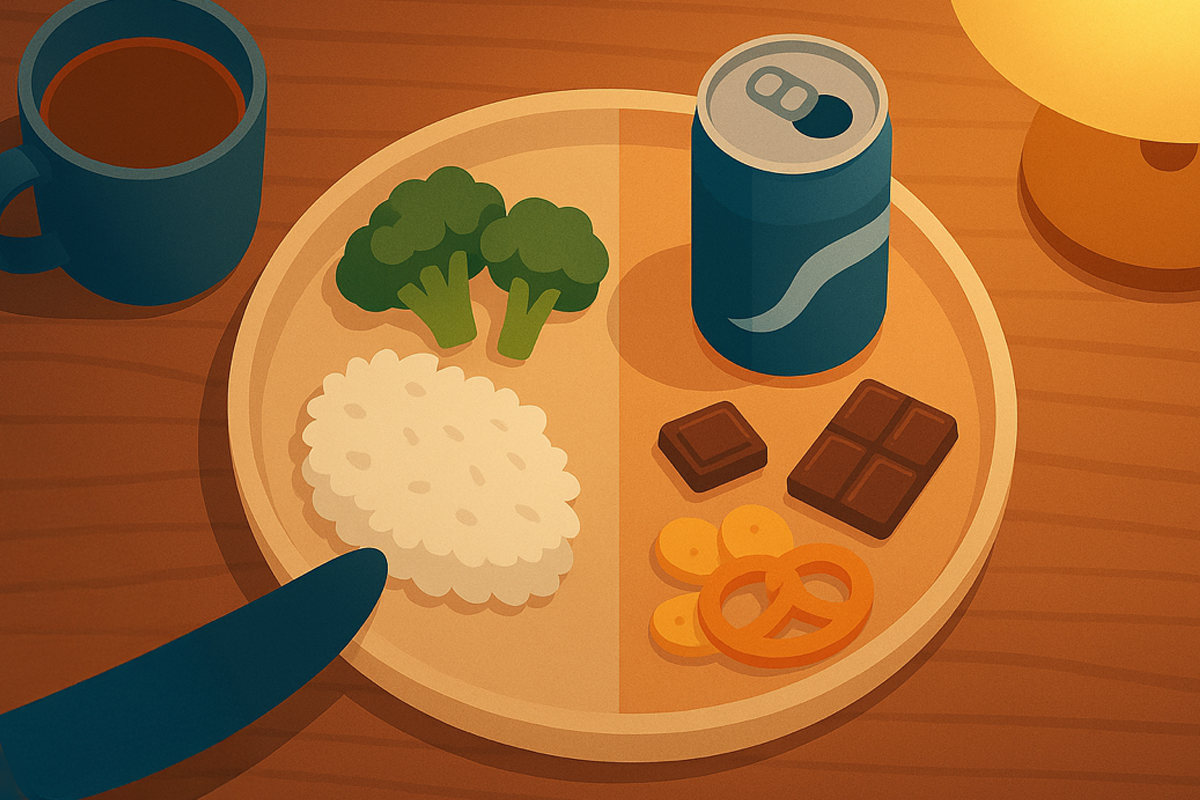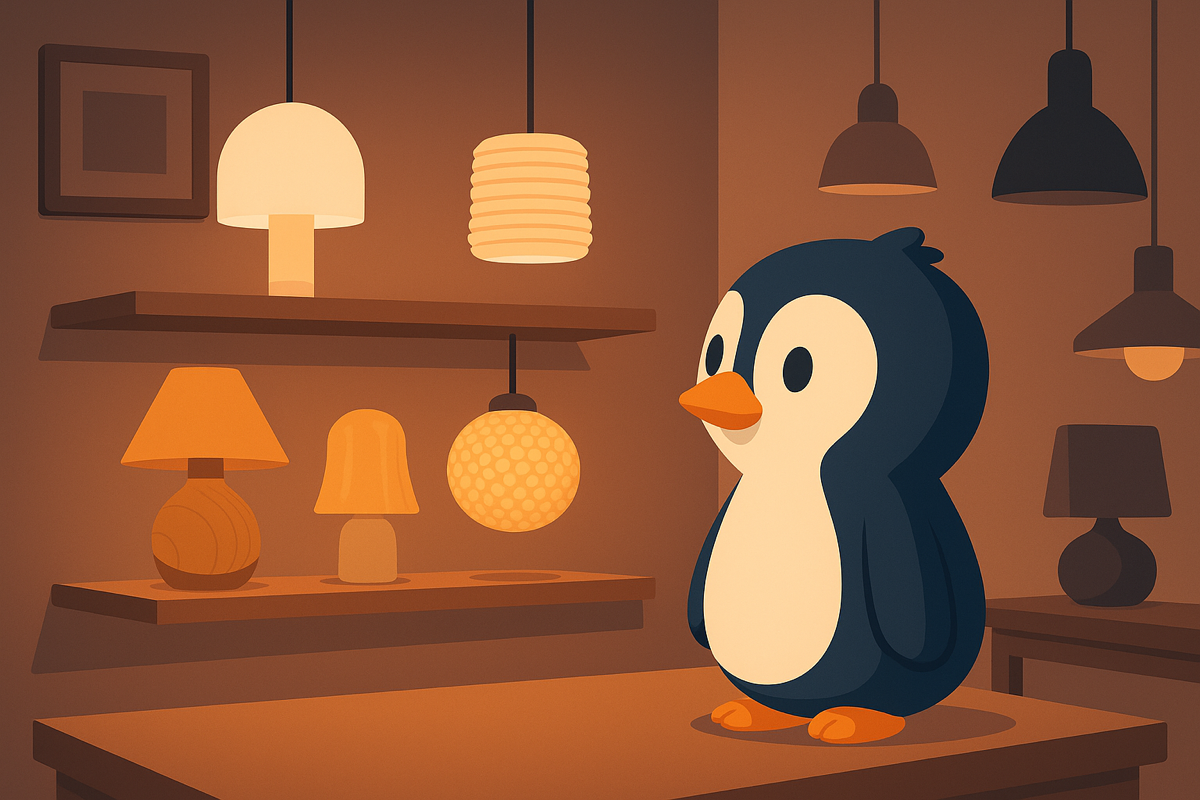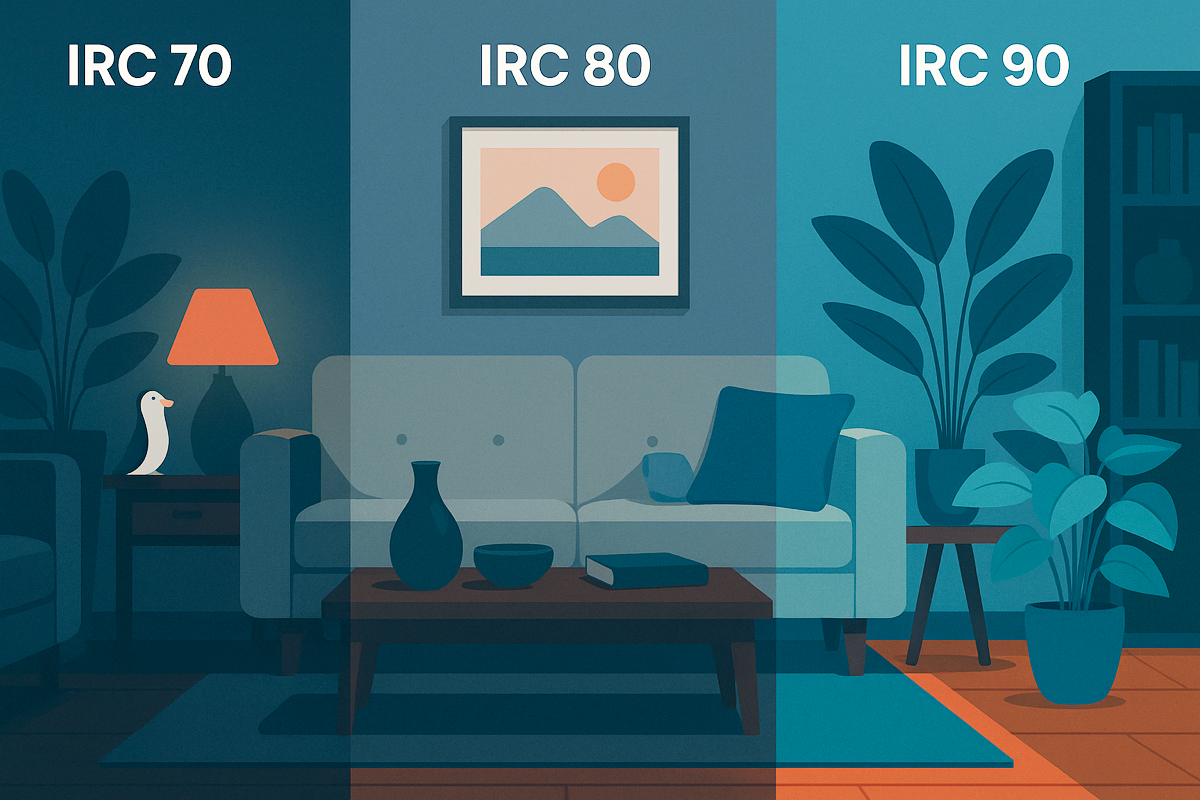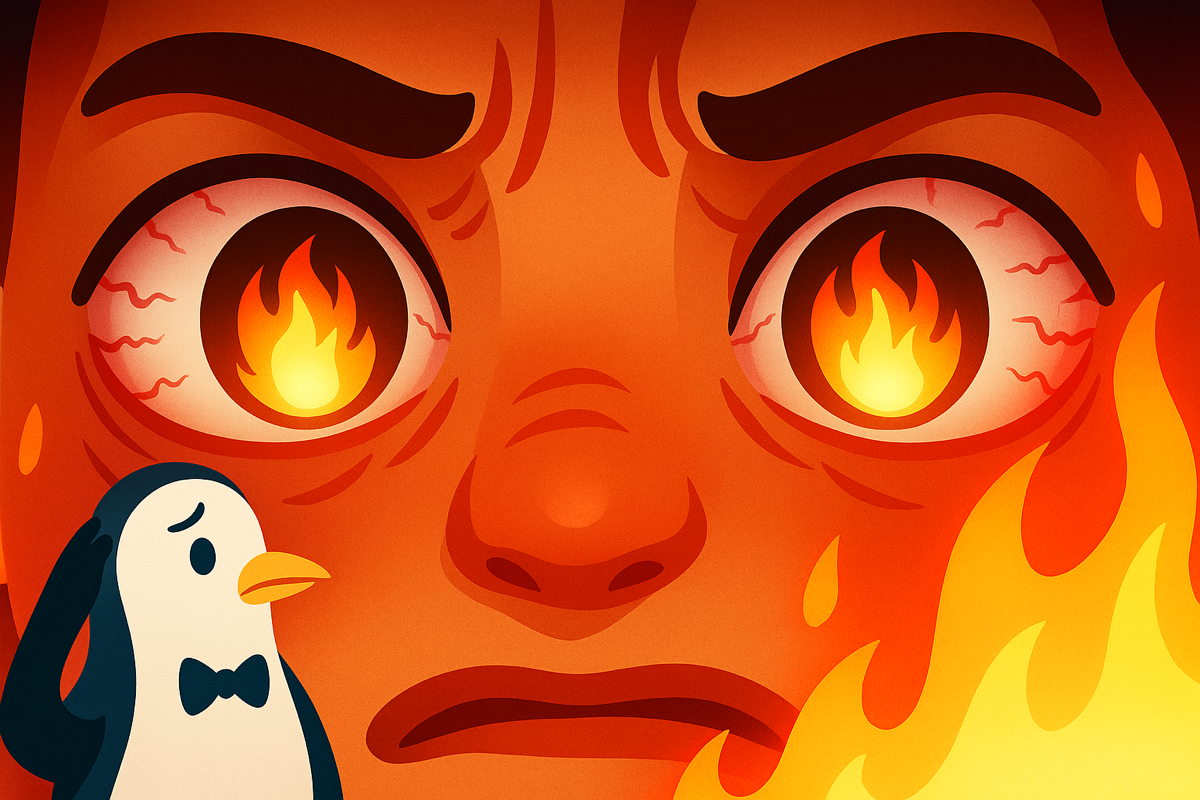Reading time: 5 min
In short:
Certain foods disrupt sleep more than you might think. They stimulate the nervous system, cause nighttime awakenings, or prevent you from falling asleep. Here are the foods to avoid... and how light can also change everything.
📌 Summary
1. The trap of stimulant foods
We know coffee. But there's also green tea, dark chocolate, energy drinks, and soda. Even some caffeine-free sugary drinks stimulate the nervous system through additives or excess sugar. Their effects last for several hours, well beyond dinnertime.
Added to this are certain foods rich in tyramine, such as aged cheeses or cold cuts, which promote alertness. And sometimes, a simple square of chocolate or a soda in the evening is enough to delay the moment when the brain produces melatonin. The result: you're in bed... but your system is still in broad daylight.
2. Invisible dehydration
Sleep requires precise regulation of body temperature. And for this, water plays a crucial role. However, many foods and drinks consumed in the evening promote... dehydration. Alcohol is the first to point the finger: it may induce sleep quickly, but it dries out the body and causes nighttime awakenings.
Overly salty foods (chips, ready meals, processed sauces) also disrupt water balance. Add to that a lack of water during the day, and the body struggles to maintain a stable temperature during the night. The result: lighter sleep, disrupted thermoregulation, and unexplained awakenings. Sometimes, all it takes is to drink a little earlier... and a little more.
3. What sugar does to your night
A sweet dessert in the evening is tempting... but risky. Sugar causes an insulin spike, followed by a crash. This glycemic instability can awaken the autonomic nervous system, causing sweating, vivid dreams, or early awakenings. It's not a question of quantity, but of timing.
Even more surprising: fast-acting sugars can also affect the circadian cycle. They alter body temperature, stimulate wakefulness hormones, and interfere with melatonin production. A square of dark chocolate at 10 p.m. is not harmless. It's better to focus on complex carbohydrates for dinner... and save the sweets for snack time.
What if we helped you fall asleep?
Good sleep starts with what you eat... but it's also enhanced by the lighting. Here's how to create a winning combination:
- Eat dinner at least 2 hours before going to bed
- Hydrate well during the day, limit alcohol in the evening
- Adapt your evening light to your biorhythm
Laqi bulbs gently accompany your evening. Their warm light naturally reduces alertness and prepares the body to slow down.
💬 FAQ
Is caffeine-free tea OK?
Yes, as long as it does not contain stimulating plants like mate or ginseng.
Should you avoid dessert?
No, but it's best to avoid sugar spikes just before bedtime. Instead, stick to cooked fruit or yogurt.
And is water good before going to sleep?
Yes, in small amounts. Too much water at once can cause you to wake up at night to urinate.
What if you prepared your night from the plate?
Sleeping well isn't just about closing your eyes. It's about everything: digestion, hydration, light. And it can really make all the difference.
